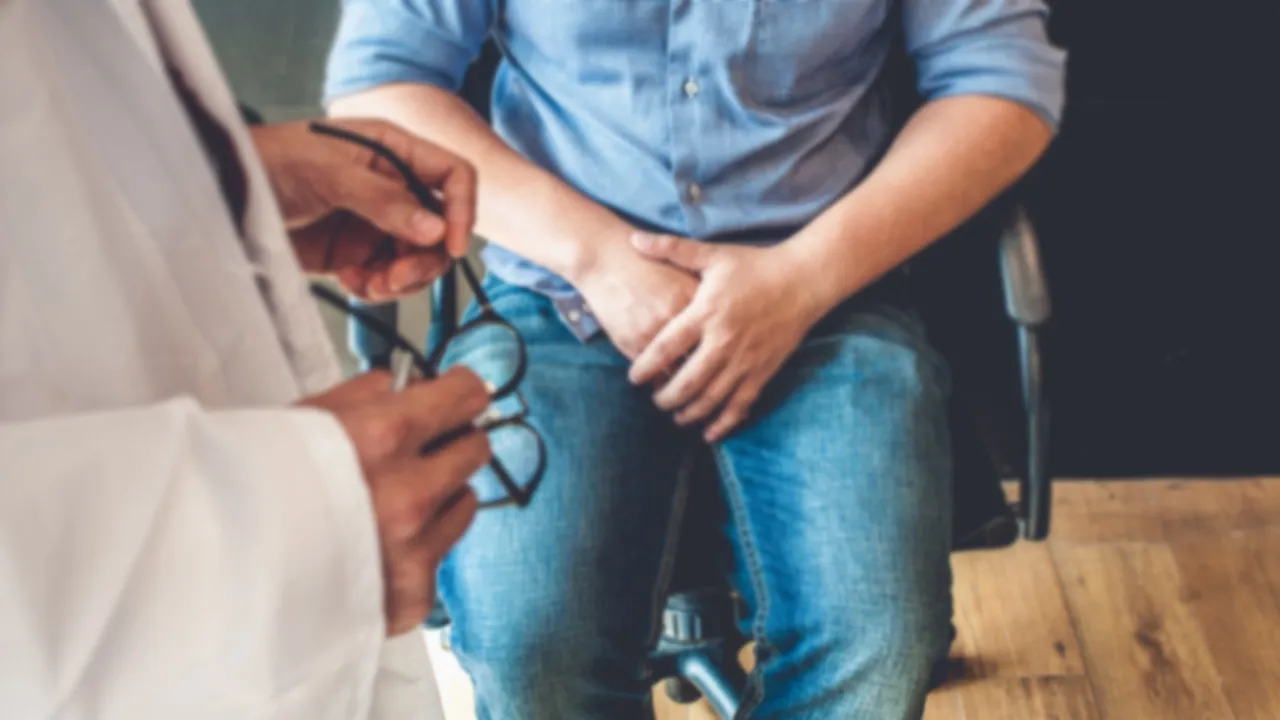
DiYES International School – Gonorrhea in boys is a serious concern. It signals possible abuse or unsafe contact. Early detection protects children’s health and safety. Parents, doctors, and teachers must act quickly. This infection should never be ignored or hidden. Silence allows deeper harm to continue. Collaboration between families and professionals is essential. Children must feel safe to speak honestly.
Gonorrhea is caused by the bacterium Neisseria gonorrhoeae. The bacteria infects mucous membranes in the body. It spreads through contact with infected fluids. In boys, this often raises serious concerns. Symptoms may include burning during urination or discharge. Some boys experience redness or genital swelling. Others show no symptoms but still carry infection. Doctors detect it through urine or swab tests. The diagnosis confirms the presence of bacteria. Testing must happen in safe, respectful environments. Lab results guide proper medical treatment quickly.
“Read about: Hope on Hold: Calls to Approve Givinostat for Irish Children With DMD”
Doctors prescribe antibiotics immediately after diagnosis. Ceftriaxone is a common and effective option. The treatment works within just one dose. Parents ensure that medication is properly completed. Reinfection may occur if sources aren’t addressed. All close contacts should be examined and treated. Follow-up visits confirm that infection is gone. Children usually recover fully with timely care. Medication compliance reduces long-term complications significantly. Clinics educate families about safety and hygiene. Boys need support throughout their healing journey.
Emotional and Psychological Impact
Children often feel shame, fear, or guilt. Counseling helps them process complex emotions safely. Therapists involve families in recovery discussions. Healing includes open, honest communication at home. Boys may blame themselves without proper guidance. Support from adults helps restore their confidence. Privacy during recovery is very important. Teachers and staff must protect student dignity. Schools must avoid labeling or harmful attention. Emotional health matters just as much as physical. Mental health support should continue if needed. Boys should never feel alone or judged.
Authorities report every gonorrhea case in children. Laws in most countries require immediate action. Police begin investigations with urgency and coordination. Child protection teams visit families for full assessment. Social workers check the child’s home and relationships. Investigators handle sensitive cases with compassion and care. Doctors submit medical records to legal officials directly. Courts examine physical evidence, timelines, and testimonies.
Judges rely on expert input from medical professionals. Officials sometimes relocate children to safe environments. Family members are questioned during the investigation process. Support services stay involved through all legal steps. Emergency shelters care for affected children when needed. Case workers provide emotional support and protection plans. Law enforcement prioritizes the safety of every child. The legal process ensures long-term solutions and stability. Authorities respond seriously to signs of abuse or neglect. Legal teams review each case based on evidence. The child’s safety guides every decision and recommendation. Health professionals and legal agents work as one. Communities must remain alert to prevent further harm.
“Read more: Empowering Communities: How TraffickWatch Academy Fights Human Trafficking”
Education is the most powerful form of prevention. Parents should talk early about body safety. Children must understand privacy and personal boundaries. Schools should offer age-appropriate sexual health programs. Visual tools help kids absorb important messages. Posters, videos, and apps support public awareness. Religious leaders can help reduce stigma openly. Conversations must replace fear and silence everywhere. Communities should promote reporting and early action. Clinics need to train staff on child protection. Gonorrhea in boys is preventable with vigilance.